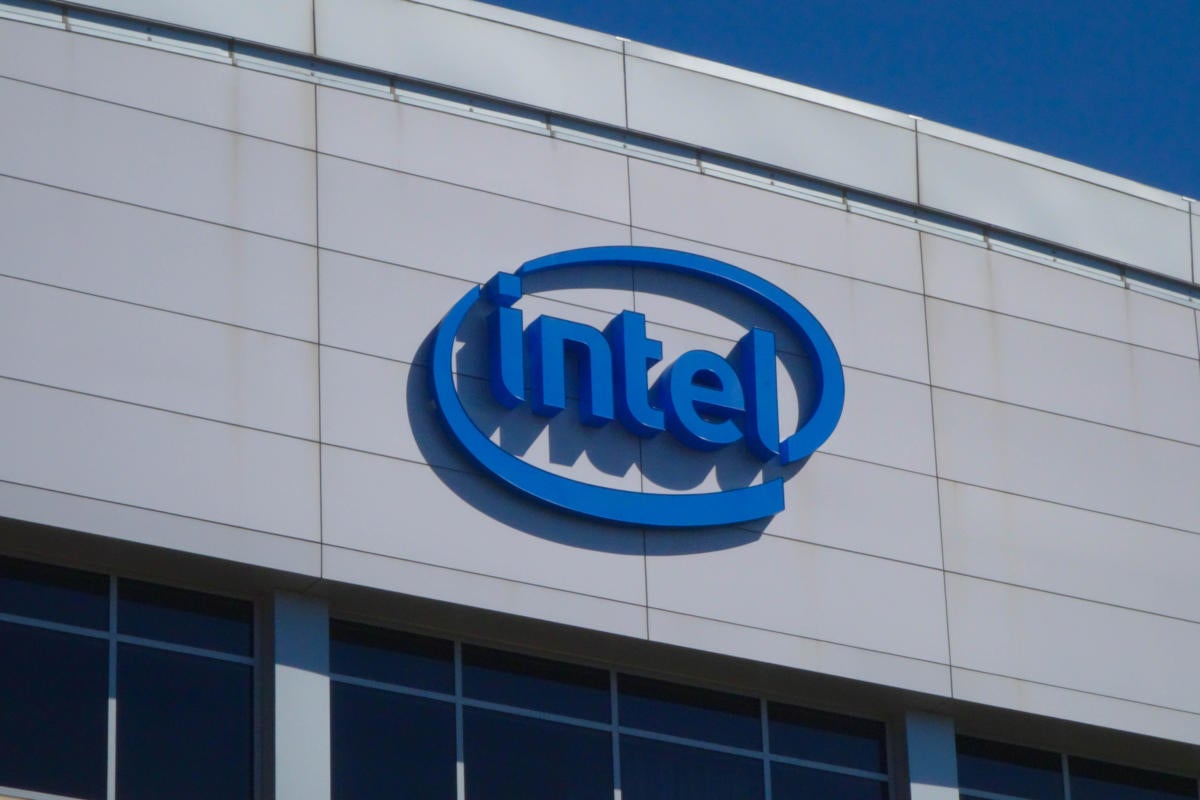A faster-than-expected recovery in sales of PC chips helped Intel post third-quarter revenue that exceeded expectations, but weakness in its data center business is a sign of vulnerability in a market where users are looking for processors that can handle AI workloads that are predicted to grow as enterprises adopt generative AI.
Overall revenue dropped 8% year over year to $14.2 billion, but that exceeded the consensus expectations of analysts, who had forecast revenue of $13.6 billion. Intel’s endpoint division, which makes chips mostly for PCs, took in $7.9 billion in revenue for the quarter, just a slight dip from the $8.1 billion in the previous year’s third quarter.
Net income dropped by 71% year over year to $310 million, due to the lower revenue but also because of costs related to building out manufacturing capabilities.
"Continuing its investment in manufacturing capacity to create a geographically balanced, secure and resilient supply chain, Intel opened Fab 34 in Leixlip, Ireland, during the quarter," Intel noted in its earnings news release Thursday. "Combined with the company’s planned wafer fabrication facility in Magdeburg, Germany, and planned assembly and test facility in Wrocław, Poland, this will help create a first-of-its-kind, end-to-end leading-edge semiconductor manufacturing value chain in Europe."
Meanwhile, the company’s data center and AI division, which makes CPUs for servers, saw revenue sink 10% from $4.3 billion in the third quarter of 2022 to $3.8 billion this year.
One of Intel’s newer rivals in this data center market is Nvidia. Thanks to demand for its GPU products, the go-to processors for AI workloads, Nvidia is becoming a strong competitor in data centers.
“Overall, we definitely feel those competitive pressures,” CEO Pat Gelsinger said on the company’s earnings call.
For the moment, however, Intel’s position in the PC market remains strong, with the latest results indicating that the company has successfully weathered a sharp downturn in late 2022 and early this year. That drop in CPU sales has generally been attributed to the end of historically strong demand prompted by the quarantine periods of the pandemic — laptops, in particular, saw increased sales due to the massive shift towards remote work. Supply chain disruptions due to the pandemic also affected the PC market.
However, Intel may also face increasing competition in PCs. Nvidia, in addition to being the major competitor for AI worklaods, is one of the companies targeting Intel’s historic dominance in the PC CPU marketplace. Nvidia reportedly plans to use designs from Arm to create Windows PC chips. Other rivals, like Qualcomm and AMD, are preparing to target the PC market as well with Arm-based CPUs as well.






